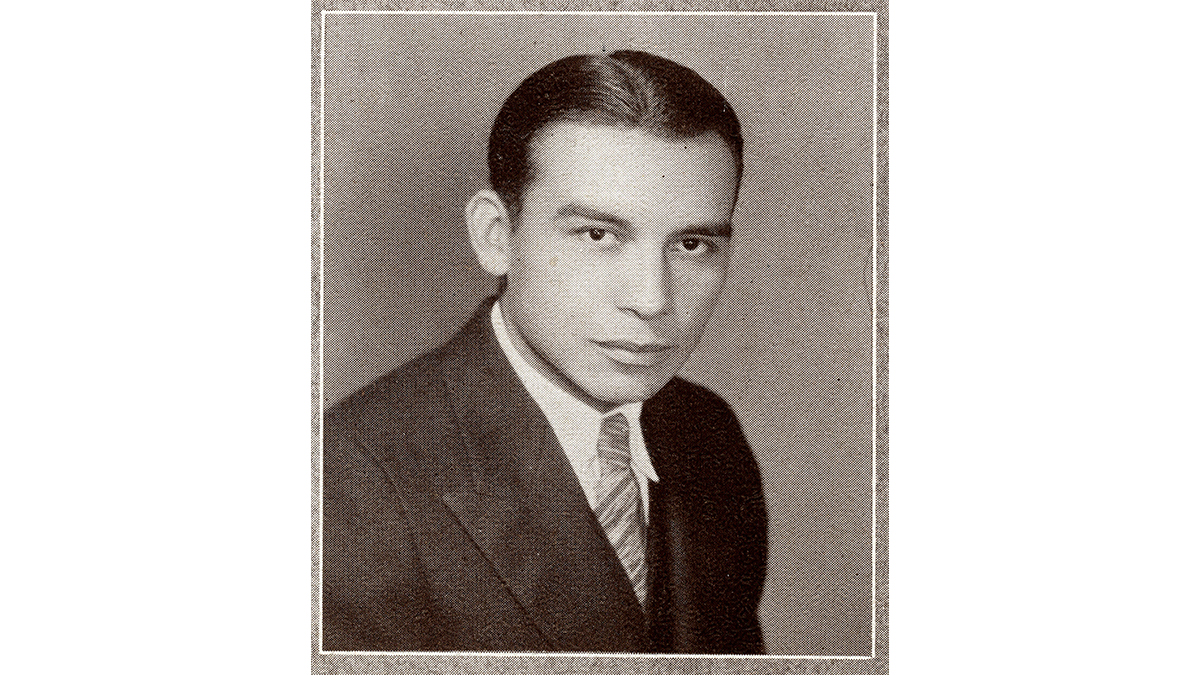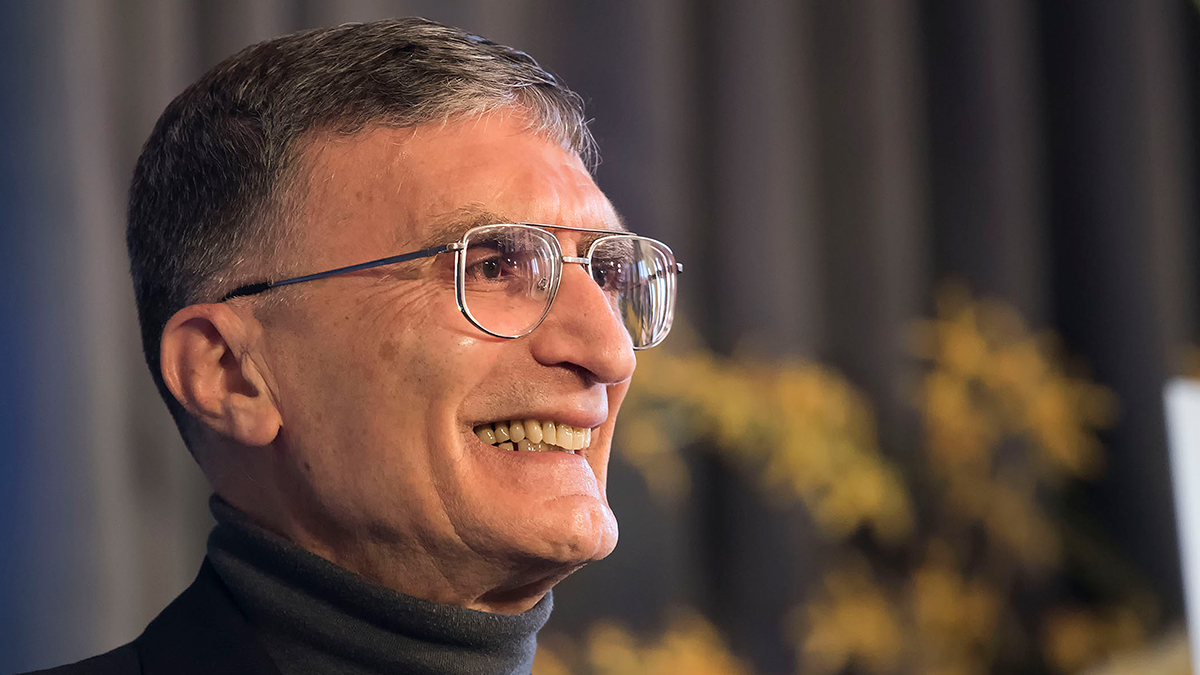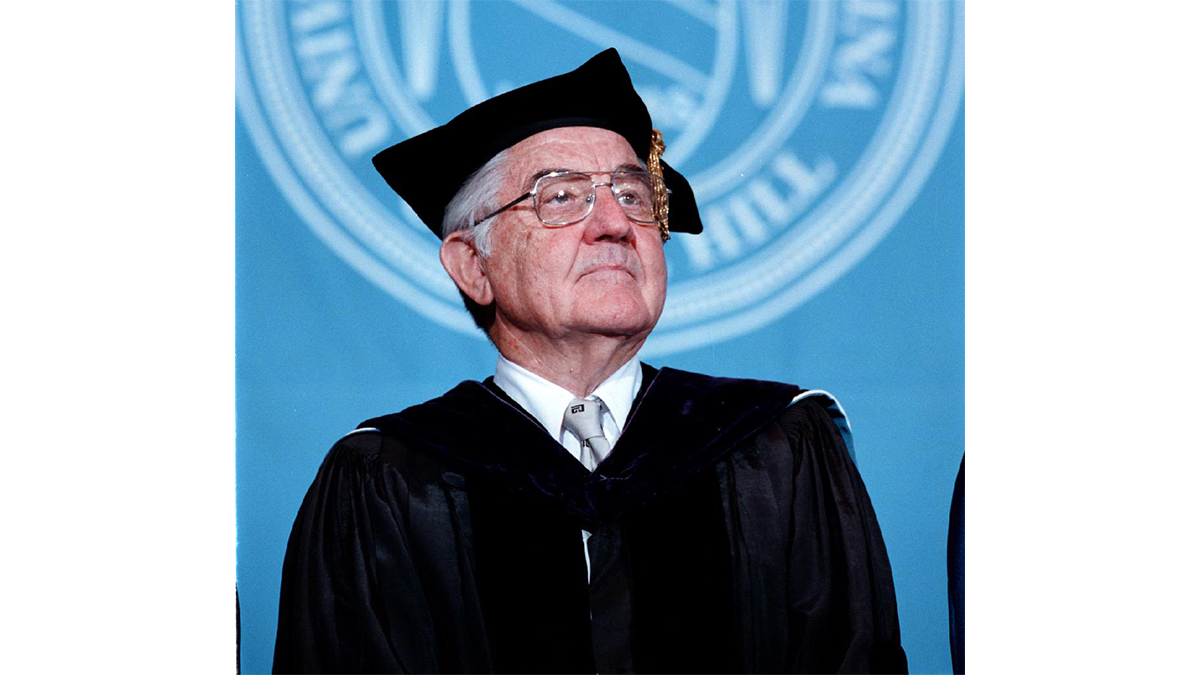225 Years of Tar Heels: Joseph Bell
Joseph Bell graduated from UNC Chapel-Hill’s School of Medicine in 1986, becoming the first Lumbee pediatrician and the first Native American pediatrician in the state.
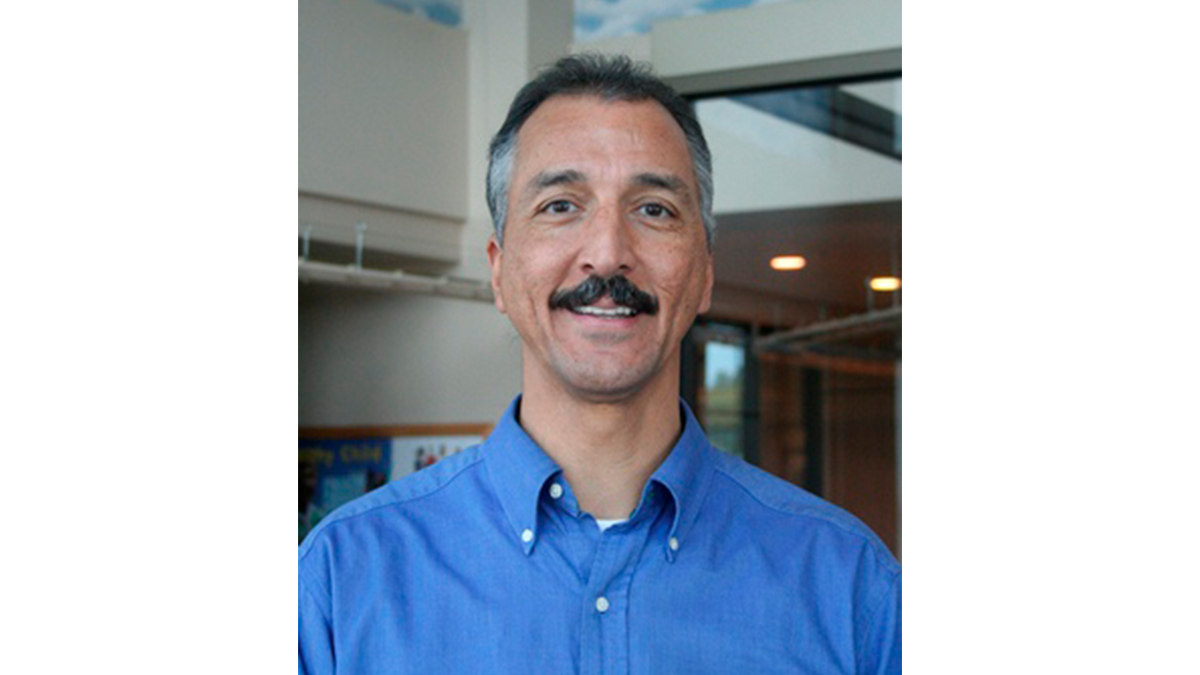
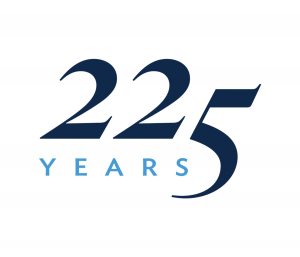 Editor’s note: In honor of the University’s 225th anniversary, we will be sharing profiles throughout the academic year of some of the many Tar Heels who have left their heelprint on the campus, their communities, the state, the nation and the world.
Editor’s note: In honor of the University’s 225th anniversary, we will be sharing profiles throughout the academic year of some of the many Tar Heels who have left their heelprint on the campus, their communities, the state, the nation and the world.
When Joseph Bell of Pembroke, North Carolina, first stepped on Carolina’s campus in 1977, he walked right on to the Tar Heel’s junior varsity basketball team. Standing 6 feet 5 inches tall, Bell thought he might make the varsity team one day. He just needed time and practice.
But Bell was soon too busy for basketball. He dreamed of a life as a doctor, improving the health of Native American communities like his own Lumbee Tribe in Pembroke. Native American children have a high risk of obesity and the resulting illnesses — such as diabetes and high blood pressure — that can develop in adulthood. They have a high rate of substance and alcohol use disorders, conditions Bell says impact native communities nationwide.
He began an application for the Indian Health Services Scholarship, which provides financial support to qualified Native American and Alaska Native students interested in pursuing health careers.
“I knew if I could make a difference in our kids, they might not suffer as adults,” he said.
Bell graduated from UNC Chapel-Hill’s School of Medicine in 1986, becoming the first Lumbee pediatrician and the first Native American pediatrician in the state. He spent four years at Oklahoma’s Choctaw Indian Hospital to fulfill his scholarship and returned home to establish the pediatric practice where he still sees patients today. One weekend each month, he drives three hours to the Catawba Indian Reservation in Rock Hill, South Carolina, to visit with and treat the reservation’s children.
“It’s my passion. They have a need, and it’s what I love to do,” he told the Fayetteville Observer in 2013.
Bell’s work has brought notable accolades. He a member of the North Carolina Indian Health Board and the Association of American Indian Physicians. He is a member of the American Academy of Pediatrics’ Committee on Native American Child Health, which honored him with their prestigious Native American Child Health Advocacy Award in 2013.
Nothing compares to the reward of service, he said. It has enabled him to not only improve health outcomes for a community he loves, but also provide an example for the Native physicians of the future.
“For 30 years, I have been serving Native communities. By spending my whole career in Native American health care, I am living out my dreams.”
